Keywords: Public Services
There are more than 200 results, only the first 200 are displayed here.
-

AUSTRALIA
- Andrew Hamilton
- 01 December 2022
4 Comments
Emotional intelligence is one of those terms that is hard to define. They take their meaning from people whom we think certainly possess it and those whom we think certainly lack it. In the aftermath of the Victorian election we might also ask whether it matters if political leaders have emotional intelligence or not. Will it help them win elections or contribute to their defeat?
READ MORE 
-
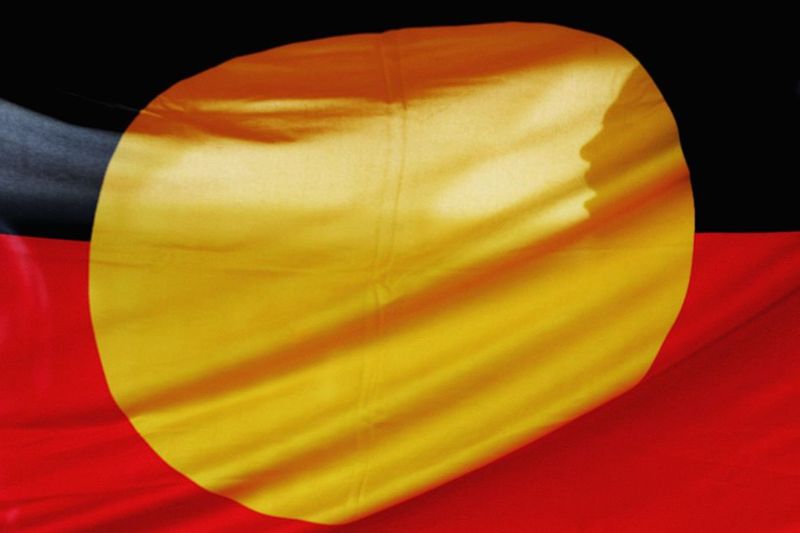
AUSTRALIA
- Frank Brennan
- 01 December 2022
15 Comments
We have a lot of work to do if there is to be any prospect of a successful referendum on the Voice to Parliament, which Indigenous people have put to us as the mode by which they want to be recognised in the Constitution. They have said they want a Voice. Now, we can debate whether it be a Voice to Parliament or a Voice to Parliament and government, or a Voice just about particular laws.
READ MORE 
-
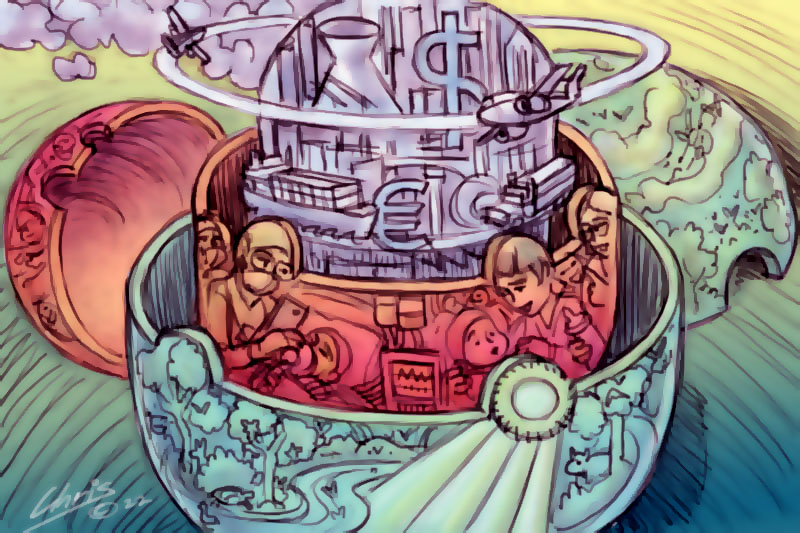
ECONOMICS
- Justine Toh
- 24 November 2022
1 Comment
When we talk about ‘the economy’, we assume there’s only one worth knowing about: the market economy. That’s why we speak about the economy and GDP in the same breath: we treat the sum of goods and services produced and sold — and the profits we hope they’ll add to the bottom line — as our measure of the health of the nation. Which would be fine if the market economy was the only one that existed.
READ MORE 
-

AUSTRALIA
- Andrew Hamilton
- 24 November 2022
6 Comments
This year's International Day for the Elimination of Violence against Women is particularly significant because it follows shortly after the release of the National Plan to End Violence against Women and Children, a ten year project to eliminate violence against women in a generation. Of course, large initial hopes may be disappointed, but the implementation of plans is always the most difficult challenge.
READ MORE 
-

AUSTRALIA
- Julian Butler
- 21 November 2022
If democracy relies on a shared commitment to reaching consensus, to making accommodations even as, and precisely because, I hold things dearly, sacredly, then contempt necessarily corrodes democracy. Others stop being moral agents whom I must value and seek to share public space with. How do we overcome this corrosive element in our common life?
READ MORE 
-

AUSTRALIA
- David Halliday, Peter Mares, John Falzon, Nicola Nemaric, Rae Dufty-Jones
- 18 November 2022
1 Comment
Despite rising interest rates and the recent dip in property values, Australia’s housing situation places it among the least affordable property market in the world. With a rise in homelessness and younger Australians locked out of an inflated housing market, what is the way forward for Australia?
READ MORE 
-

ARTS AND CULTURE
- Andrew Hamilton
- 17 November 2022
2 Comments
Paulie had a childlike delight in taking the mickey out of everything and everyone and acting outrageously. The stories of the Painters and Dockers’ engagement with their equally wild audiences and the public, full of hilarious encounters, display the same innocence and the same sublimated rage. If it was his brother Tony’s death that set him on his madcap journey, Paulie has shaped his own life as a monument for Tony more durable than marble.
READ MORE 
-

AUSTRALIA
- David Halliday
- 14 November 2022
How much financial strain can a system tolerate? With families simultaneously staring down the four horsemen of wage stagnation, higher prices of goods, higher bills, and higher mortgage repayments, something’s got to give.
READ MORE 
-
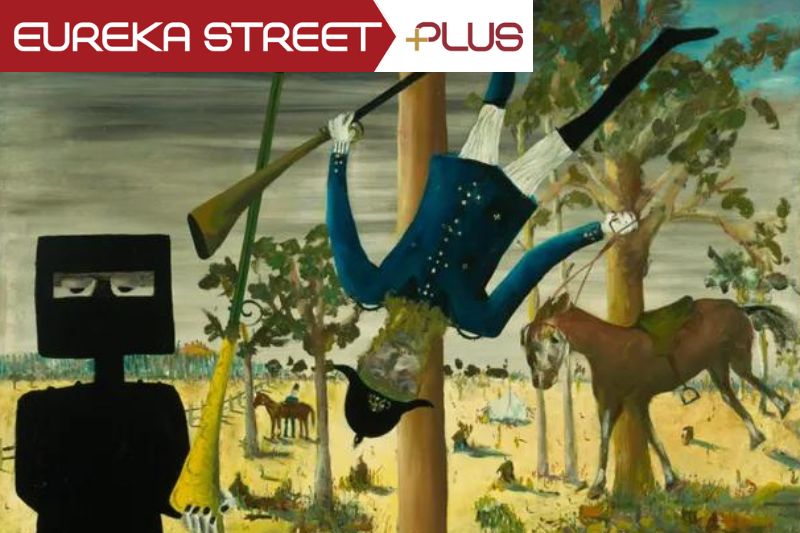
ARTS AND CULTURE
- Andrew Hamilton
- 11 November 2022
3 Comments
In Justice in Kelly Country, author Lachlan Strahan writes on the life of his great-great-grandfather, a policeman whose career stretched over thirty years. When a significant part of that story is intermeshed with such a fiercely contested story as Ned Kelly’s, telling it introduces the further complexities of the writer’s sympathies and judgments.
READ MORE 
-
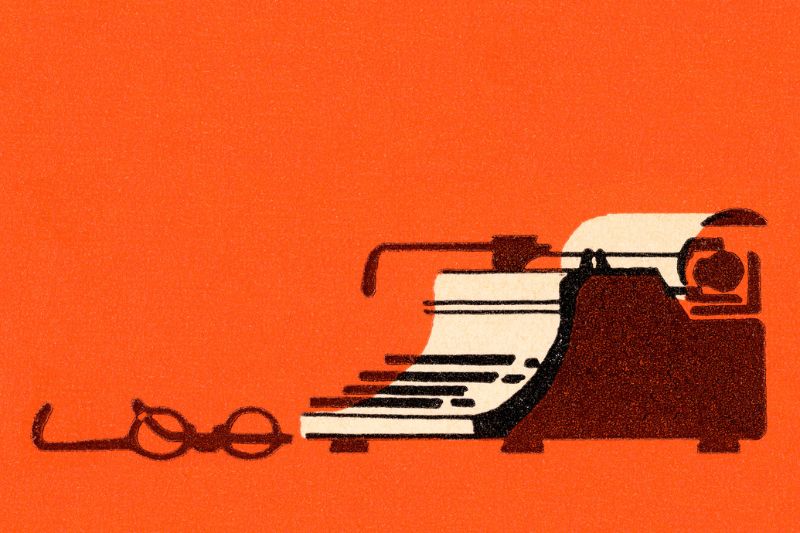
ARTS AND CULTURE
- Andrew Hamilton
- 10 November 2022
1 Comment
Reflecting on the value of newspaper commentary on public life prompts self-reflection concerning the quality of what we columnists write and what we hope to achieve through our work. The ephemeral quality of a column suggests how important it is for us not simply to react to the news but to ask what lies beneath it.
READ MORE 
-

AUSTRALIA
- Julian Butler
- 08 November 2022
3 Comments
In the midst of the spring racing carnival, online betting companies have been told their advertising will next year need to include warnings about the risk of gambling. The new requirements fall well short of regulation that might meaningfully curb what is become a social norm and cultural marker for many.
READ MORE 
-
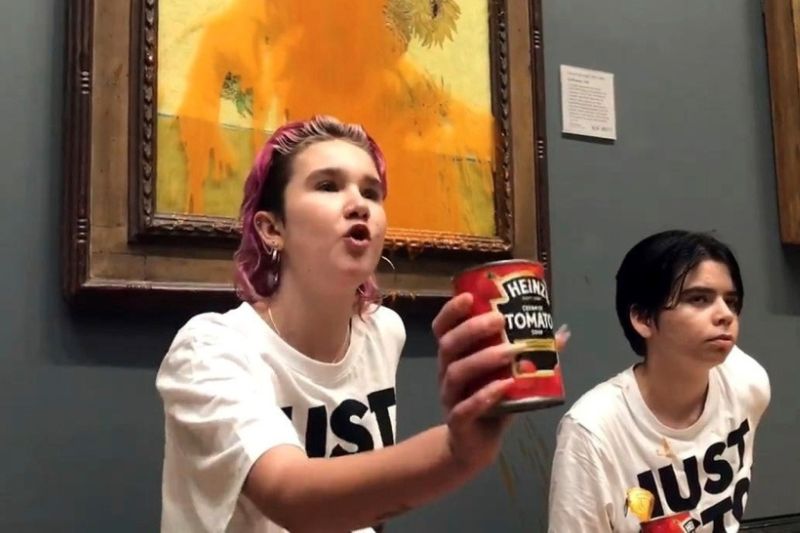
INTERNATIONAL
- Andrew Hamilton
- 02 November 2022
2 Comments
The campaign against global warming has been heating up, and the latest protests have focused on works of art. Like the burning of books, assaults on paintings seemed to express contempt for human culture at its noblest. But as more details became public, the reality seemed more complex.
READ MORE 